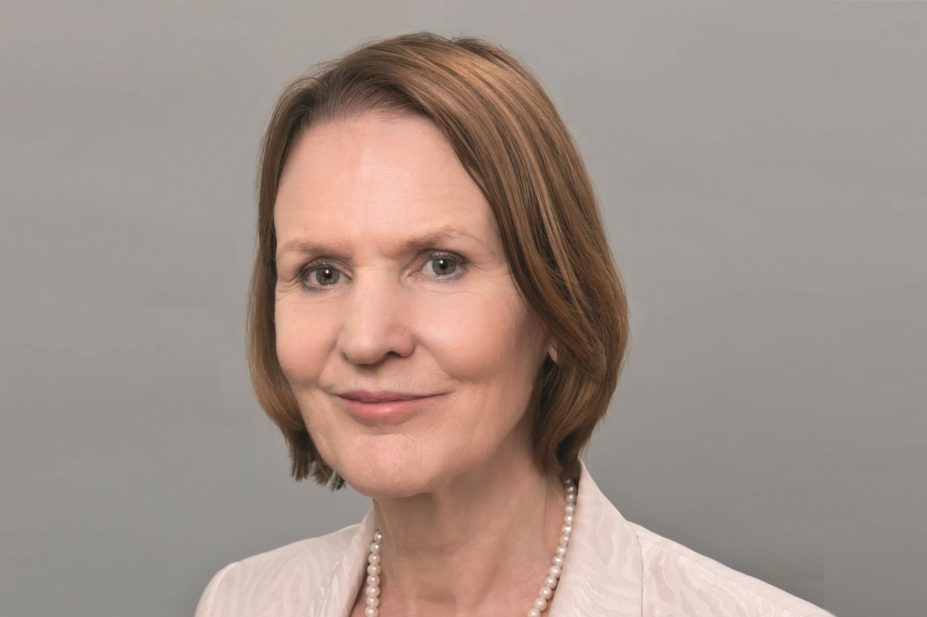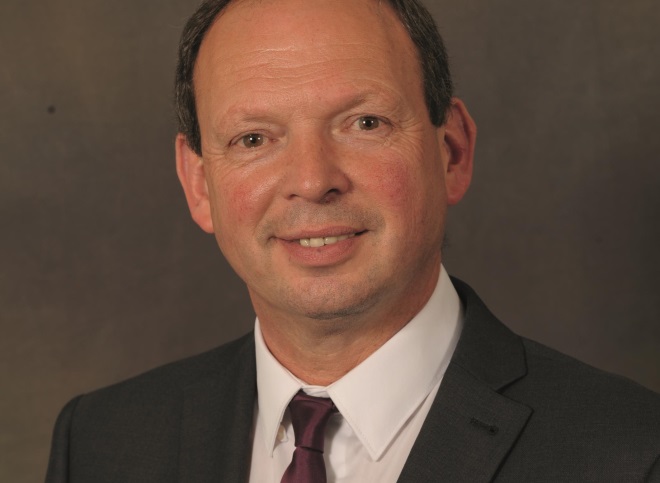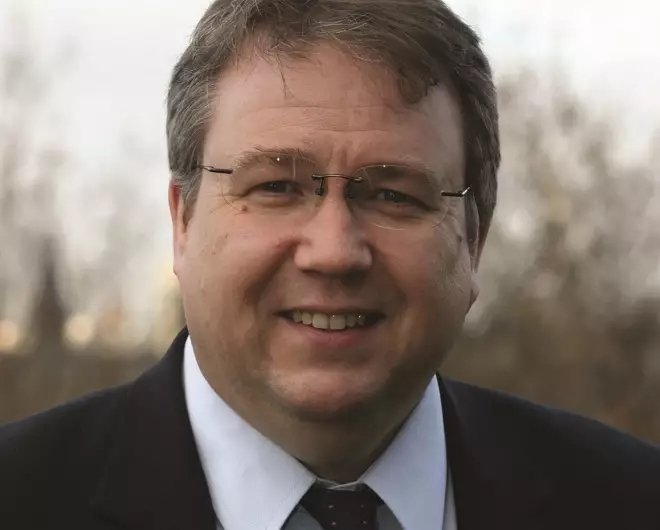
Pharmaceutical Services Negotiating Committee (PSNC)
The government faces a strong backlash from community pharmacy bodies over plans to cut the community pharmacy contractual framework in England by 6.1% next year.
The Department of Health (DH) is seeking to reduce funding to £2.63bn from October 2016, down from £2.8bn this financial year. It also wants to introduce a range of other efficiency measures, including significant changes to the dispensing model.
Initial details were revealed in a letter to Pharmaceutical Services Negotiating Committee (PSNC) chief executive Sue Sharpe on 17 December 2015. The letter insists pharmacy “has to play its part” in delivering savings required by the government’s spending review and the NHS Five Year Forward View.
Sharpe describes the plans as a “profoundly damaging move” at a time of rising demand on primary and urgent care. “It will deliver a destructive blow to the support community pharmacies can offer to patients and the public,” she says.
After years of absorbing efficiencies, pharmacy owners will be “incredulous” that the government states further savings can be made without compromising service quality or patient access, she adds.
The DH will consult on the plans with pharmacy and patient organisations until 24 March 2016. They include a range of measures to make efficiency savings while extending clinical roles for the profession.
The letter describes the “real potential” for greater use of community pharmacy and pharmacists in areas such as public health, self care for minor ailments, long-term conditions and medication reviews. “To this end we need a clinically focused community pharmacy service that is better integrated with primary care,” says the letter, which is signed by England’s chief pharmaceutical officer Keith Ridge and Will Cavendish, director general of innovation, growth and technology at the DH.
The DH plans a new Pharmacy Integration Fund to achieve this, though few details have been given.
“The letter speaks of the potential for far greater use of community pharmacy and pharmacists in prevention of ill health, support for healthy living and minor ailments,” says Sharpe, “but almost inevitably the impact of the cuts will force pharmacies to reduce staffing levels and direct more people to GP or urgent care.”
The letter says some parts of the country have “more pharmacies than are necessary to maintain good access”. Sharpe adds that the threat to the network is “clear” but the letter lacks detail on how the NHS would manage this clustering.

Source: National Pharmacy Association
National Pharmacy Association chair Ian Strachan says the plans look like “an assault on the very part of the health system that holds the key to solving many of its problems”
National Pharmacy Association (NPA) chair Ian Strachan says the plans look like “an assault on the very part of the health system that holds the key to solving many of its problems”.
“It calls for community pharmacy to step forward to meet spiralling health challenges, whilst announcing cuts that will severely hamper our ability to deliver.” Strachan adds that the government and NHS England should expect a “very robust challenge to this misinformed set of proposals; they rest upon a questionable evidence base, unbalanced opinion, and ignore the truly transformational opportunities in community pharmacy”.
The letter says the government wants to drive new models of ordering prescriptions and collecting dispensed medicines, including online ordering and delivery to the patient’s home, as well as the “optimisation of prescription duration” to avoid medicines waste. This is in addition to plans for wider access to ‘hub-and-spoke’ dispensing announced in October.
The DH will also seek to introduce a Pharmacy Access Scheme to increase funding to some pharmacies in rural or deprived areas, compared to other pharmacies.
Sandra Gidley, chair of the Royal Pharmaceutical Society’s English Pharmacy Board, says: “This news will make community pharmacists feel completely undervalued at a time when we are all working incredibly hard.”
She welcomes the new access and integration funds but says any cut to community pharmacy is “short-sighted if the government is committed to its stated aim of investing in primary care and prevention of ill-health”. She also warned that plans for ‘hub-and-spoke’ dispensing must not be “devised in isolation but worked up coherently to ensure patient care and access to pharmacy advice is maintained”.
However, Gidley adds that the government “wants something different from the sector” and that pharmacy must seize the opportunity to shape its own future.

Source: Pharmacy Voice
Rob Darracott, chief executive of Pharmacy Voice, thinks the cuts are “certain to hurt the sector”
Rob Darracott, chief executive of Pharmacy Voice, says the funding cut was “certain to hurt the sector” and that many contractors would be “rightly anxious” about how it will affect their businesses, staff and patients, he says.
Although the impact on businesses remains unclear, the sector has “the expertise and knowledge” to achieve change and had already delivered 4% savings to the NHS, he adds.
Graham Phillips, superintendent pharmacist of Manor Pharmacy Group in Hertfordshire, says the cuts are “a disaster” for community pharmacy and could harm pharmacy business’s profits, used among other things to develop staff. He predicts “massive consolidation” of the network, and that independent pharmacies will be hit harder than multiples, which can more easily absorb these costs.
“It will cause 10 years of attrition and damage, [and] prevent any innovation or investment in the future because there’s no cash to do it with,” he adds.
The Five Year Forward View is clear that we need to move “away from illness towards wellness” by encouraging healthier lifestyle, diet and exercise, as long-term conditions are increasing NHS costs. Yet, he says, instead of investing in the pharmacy network, which can deliver public health and minor ailment services at a time when there is a shortage of GPs, the government is taking “an axe to a network that the public loves and understands and trusts. It’s an absolute disgrace”.
Sunil Kochhar, who owns a pharmacy in Gravesend, Kent, says the announcement is “shocking but not surprising”, and is “just going to make us struggle a bit more”.
“The ones that will suffer are the public and our staff, because then we’ll have to make cuts in staff to compensate and then the quality of the service that we’re doing reduces.” He adds this would make patients more likely to visit their local GP or A&E department.


